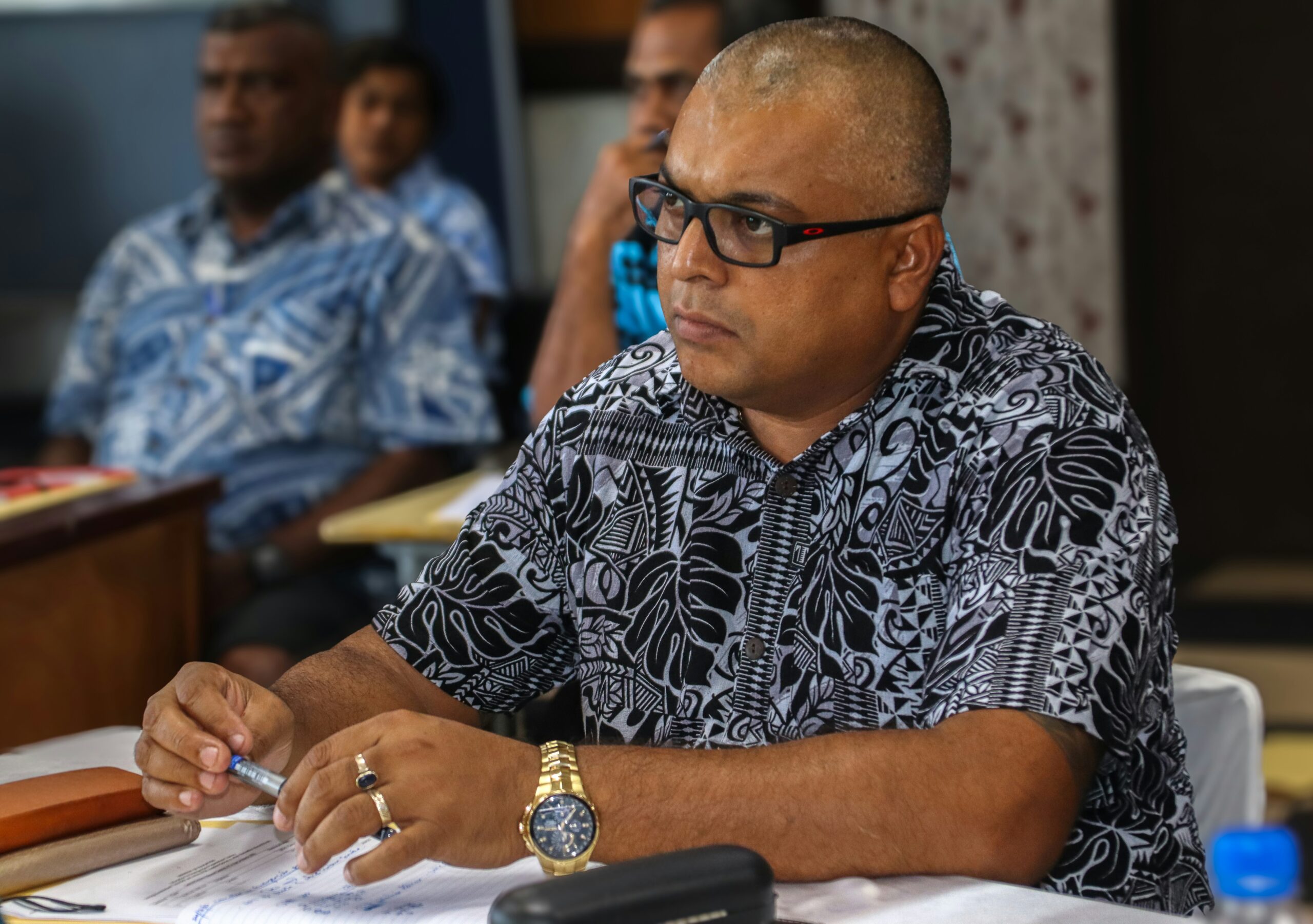
Government Officials Meet to Discuss Economic Strategy Amidst Rising Inflation
Top government officials convened today to address the escalating concerns surrounding rising inflation and its impact on the nation’s economy. The meeting, held in the capital, focused on devising strategies to mitigate the effects of inflation and ensure economic stability. Discussions centered on fiscal policies, monetary measures, and potential interventions to curb price hikes and support vulnerable sectors of the population.
Key Facts
- Government officials met to discuss economic strategy.
- The meeting addressed rising inflation concerns.
- Strategies to mitigate inflation’s impact were the focus.
- Fiscal policies and monetary measures were discussed.
- Support for vulnerable sectors was considered.
Background
The meeting was prompted by recent economic data indicating a significant surge in inflation rates. This increase has raised alarms among policymakers and economists, who fear potential adverse effects on consumer spending, business investments, and overall economic growth. The government is under pressure to take decisive action to address the situation and prevent further economic instability. Previous measures, including minor adjustments to interest rates, have not yet yielded the desired results, necessitating a comprehensive review of existing policies and the exploration of new strategies.
Inflation, defined as a sustained increase in the general price level of goods and services in an economy over a period of time, erodes purchasing power and can lead to economic uncertainty. It can be caused by various factors, including increased demand, supply chain disruptions, and expansionary monetary policies. Managing inflation is a key responsibility of governments and central banks, which employ a range of tools to maintain price stability and promote sustainable economic growth. The current inflationary pressures present a complex challenge, requiring a coordinated and multifaceted approach.
The global economic landscape also plays a significant role in shaping domestic inflation. Factors such as international trade, exchange rates, and commodity prices can all influence the cost of goods and services within a country. Geopolitical events and global supply chain disruptions can further exacerbate inflationary pressures, making it essential for policymakers to consider both domestic and international factors when formulating economic strategies. The meeting participants acknowledged the interconnectedness of the global economy and the need for international cooperation to address shared economic challenges.
Timeline / What We Know
Today: Government officials convene to discuss economic strategy amidst rising inflation.
Recent Economic Data: Shows a significant surge in inflation rates, prompting the meeting.
Previous Measures: Minor adjustments to interest rates have not yielded the desired results.
Official Reactions
The source did not specify any official reactions or statements made during or after the meeting.
What’s Next
Following the meeting, government officials are expected to analyze the discussions and formulate a detailed action plan to address the rising inflation. The plan may include a combination of fiscal and monetary policies aimed at curbing price increases and supporting economic growth. Several potential scenarios could unfold in the coming weeks and months:
- Scenario 1: Implementation of New Fiscal Policies: The government may announce new fiscal policies, such as tax adjustments or spending cuts, to reduce aggregate demand and ease inflationary pressures. These policies could be implemented gradually over a period of several months to minimize disruption to the economy.
- Scenario 2: Adjustments to Monetary Policy: The central bank may take further action to adjust interest rates or implement other monetary measures to control the money supply and curb inflation. These adjustments could be made in a series of steps, depending on the evolving economic situation. You can learn more about monetary policy from the official website of the Federal Reserve.
- Scenario 3: Targeted Support for Vulnerable Sectors: The government may introduce targeted support programs to assist vulnerable sectors of the population affected by rising prices. These programs could include subsidies, direct cash transfers, or other forms of assistance to help households cope with the increased cost of living.
- Scenario 4: Continued Monitoring and Evaluation: The government may choose to continue monitoring the economic situation and evaluating the effectiveness of existing policies before taking further action. This approach would involve closely tracking inflation rates, economic indicators, and other relevant data to inform future policy decisions.
The specific actions taken by the government will depend on a variety of factors, including the severity of the inflationary pressures, the overall state of the economy, and the political considerations involved. The government is expected to provide further updates on its plans in the coming days and weeks.
The discussions during the meeting also touched upon the importance of international cooperation in addressing global economic challenges. Government officials recognized that inflation is not solely a domestic issue and that coordinated efforts with other countries are essential to mitigate its impact. They emphasized the need for open communication and collaboration with international partners to share best practices and develop joint strategies for addressing shared economic concerns.
In addition to fiscal and monetary policies, the government is also considering measures to address supply chain disruptions, which have contributed to the rise in inflation. These measures may include investments in infrastructure, efforts to diversify supply sources, and initiatives to promote domestic production. By addressing supply-side constraints, the government aims to alleviate some of the pressure on prices and ensure a more stable supply of goods and services.
The government’s commitment to addressing rising inflation underscores its recognition of the importance of maintaining price stability for sustainable economic growth. By taking decisive action and implementing effective policies, the government hopes to restore confidence in the economy and ensure a stable and prosperous future for its citizens.
Furthermore, the meeting participants acknowledged the need for clear and transparent communication with the public regarding the government’s efforts to combat inflation. They emphasized the importance of providing regular updates on the economic situation and explaining the rationale behind policy decisions. By keeping the public informed, the government aims to foster trust and cooperation, which are essential for the success of its economic policies. For related information, see


